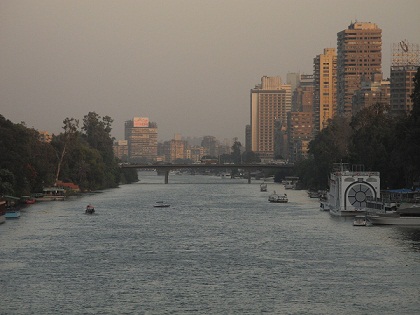The European Bank for Reconstruction and Development (EBRD) has granted the Al Dau Al Haram for Hotel Operations company a loan of $12m for the redevelopment of a brownfield site into a Hyatt Regency hotel.
The site will be used to promote the introduction of green technology, and encourage youth and women inclusion in Egypt.
The new hotel will nest under the wings of the Grand Egyptian Museum (GEM) and the Great Pyramids of Giza. It will serve the new cultural hub, located in Western Cairo, whilst allowing local and international tourists to experience world heritage sites representing 4,000 years of Egyptian history.
The hotel’s development will address significant inclusion gaps in Egypt, particularly in relation to youth unemployment and skills mismatch. It is expected that more than 300 jobs will be directly generated, and viable progression routes from training into employment will be created for at least 250 young people.
The project will include a high-quality training programme, funded by the Swiss State Secretariat for Economic Affairs (SECO). There will also be work-based learning opportunities in hospitality and tourism for young people, promoting in particular women’s participation.
The EBRD will also promote advanced environmental sustainability practices in Egypt’s hospitality sector, through the installation of resource efficient technologies at the hotel.
The bank and Al Dau Al Haram are assessing further innovative climate change-related technologies with low market penetration in Egypt. These would be eligible for support by the Finance and Technology Transfer Centre for Climate Change programme (FINTECC).
Al Dau Al Haram for Hotels Operations is an Egyptian company that was established to develop and operate the planned 249-room Hyatt Regency hotel within the Pyramids Heights Business Park in West Cairo. The company is part of the Al Dau Development group of companies, active in the hospitality sector in Egypt and UK.
Egypt is a founding member of the EBRD. Since the start of the Bank’s operations there in 2012, the EBRD has invested over €7bn in more than 125 projects in the country.



